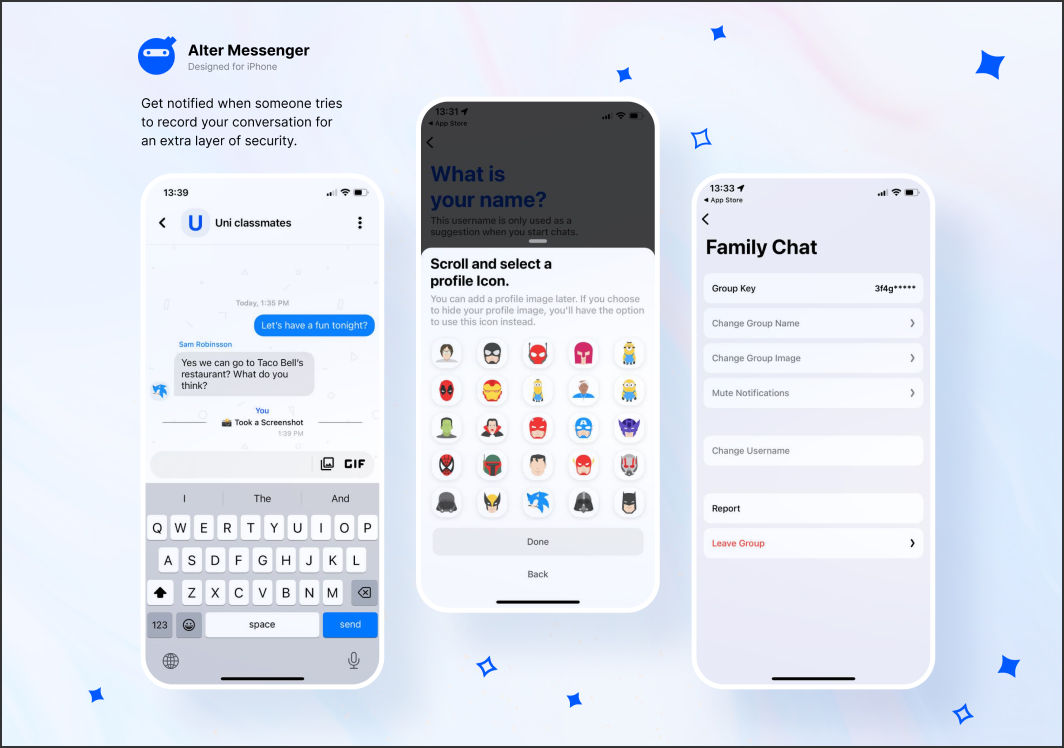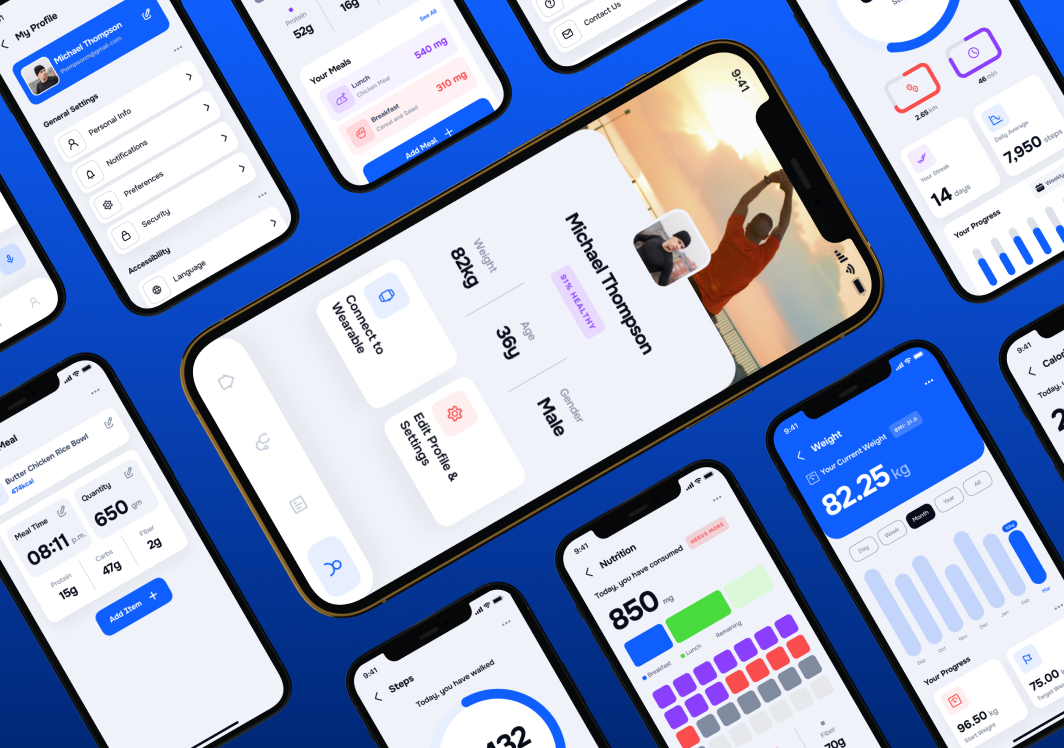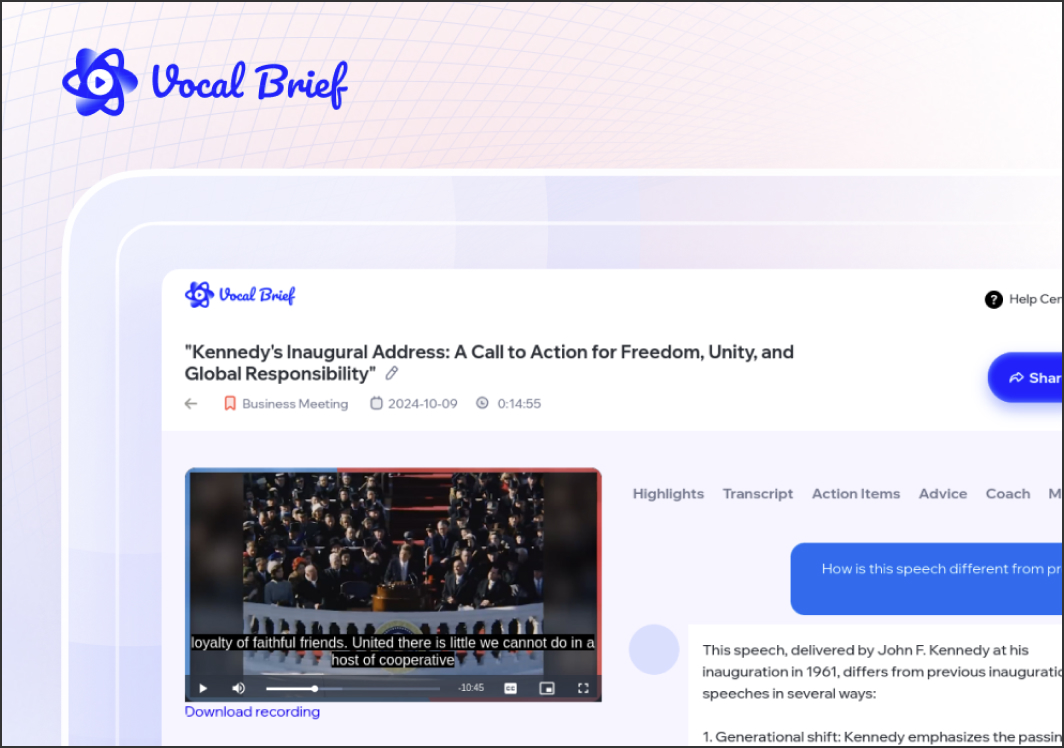Hiring a Workato developer can turn scattered SaaS tools into a reliable, compliant automation layer. For startups and growing SMEs, Workato’s iPaaS eliminates swivel-chair tasks, speeds handoffs, and reduces manual errors—without building brittle point-to-point scripts. Below is a concise, ROI-oriented guide to define the role, evaluate candidates, and launch your first value-producing automations.
Why Workato
- Faster delivery: Low-code “recipes” accelerate integrations across CRM, finance, support, and ops.
- Breadth of connectors: Salesforce, NetSuite, HubSpot, Xero/Sage, Slack, ServiceNow, Microsoft 365, Google Workspace, Shopify, Stripe and more.
- Governance & compliance: Workspaces, roles, secrets management, and logging for auditability and data protection.
- Total cost control: Replace scattered scripts and maintenance with reusable, versioned recipes.
Core Skills & Ideal Profile
Technical competencies (must-have)
- Workato recipes, tasks, variables, error handling, Job Reports, callable recipes.
- API design & integration (REST/GraphQL), webhooks, OAuth 2.0, pagination, throttling.
- Data modelling & transformation (JSON, CSV), regex, conditional logic.
- Connectors for Salesforce/HubSpot, Xero/Sage/NetSuite, Slack/ServiceNow, cloud storages.
- Secure secrets handling, environments (dev → test → prod), and promotion workflows.
Product & collaboration skills
- Translate business rules into deterministic flows and success metrics.
- Communicate trade-offs (recipe tasks vs custom API), estimate task consumption & cost.
- Write clear runbooks and handover docs for non-technical teams.
Typical Use Cases
- Lead-to-cash: Sync CRM → CPQ/ERP; auto-create invoices; reconcile payments (Stripe/GoCardless).
- Support automation: Create ServiceNow/Zendesk tickets from product events; Slack alerts with next-best actions.
- Marketing ops: Bi-directional HubSpot ↔ CRM enrichment, consent flags, campaign member hygiene.
- Finance ops: Vendor onboarding, PO approvals in Slack/Teams, tax-friendly data retention routines.
- E-commerce: Shopify orders → fulfilment/WMS, returns workflows, inventory updates to marketplace channels.
Contract vs Full-Time
- Contract/consultant: Great for audits, quick wins, and complex migrations; pay for outcomes, faster time-to-value.
- Full-time hire: Ongoing roadmap, internal enablement, cost optimisation, and governance at scale.
Interview & Evaluation Checklist
- Portfolio: 3–5 recipes that moved KPIs (e.g., reduced ticket TTR by 25%).
- Connector depth: Has worked with at least two of your core systems (e.g., CRM + accounting).
- Error handling: Retry/backoff patterns, dead-letter queues, and alerting strategy.
- Security & compliance: Role design, secrets rotation, PII handling aligned with data-protection rules.
- Cost awareness: Can forecast task usage and propose batching/caching to reduce spend.
- Documentation: Reads like an ops playbook; includes rollback steps and SLAs.
A 30–60–90 Day Plan (Fast ROI)
- 30 days: Integration audit, define 3 high-impact use cases, build baseline recipes in a sandbox, set observability (alerts, logs).
- 60 days: Promote to prod, implement retries & fallbacks, document runbooks, train ops/CS teams.
- 90 days: Optimise task usage, add governance (workspaces, roles), expand to secondary automations, report KPI uplifts to leadership.
Tooling & Best Practices
- Use environments with promotion controls; version recipes and export configs.
- Standardise naming conventions, secrets vaulting, and shared helper recipes.
- Monitor with dashboards; alert on failures, latency, and anomalous task spikes.
Conclusion
A strong Workato developer blends integration craft with product thinking: they prioritise measurable outcomes, ship stable recipes, and keep costs predictable. Define business goals, assess on real portfolios and governance, and start with a focused 90-day plan—your teams will feel the lift immediately.
Page Updated: 2025-10-06










































